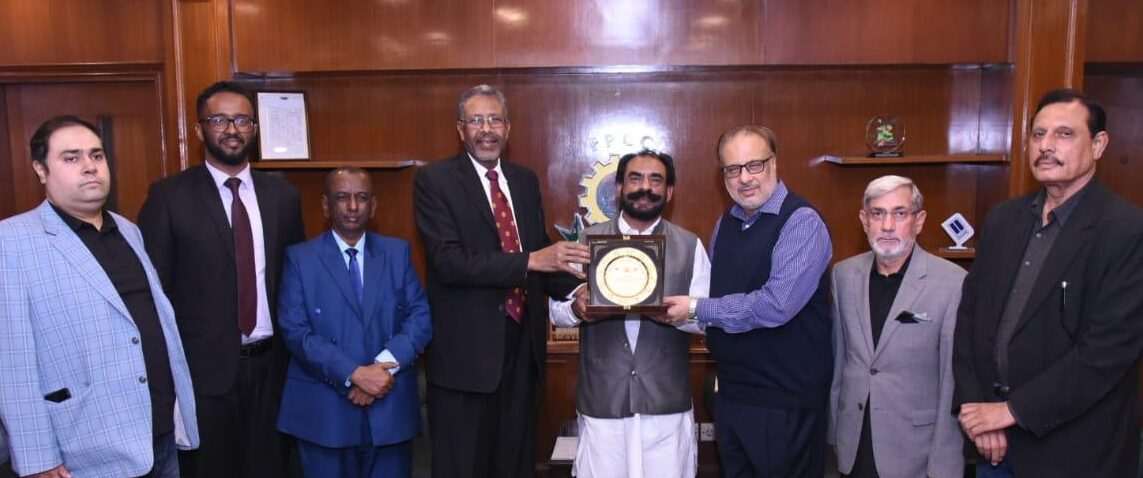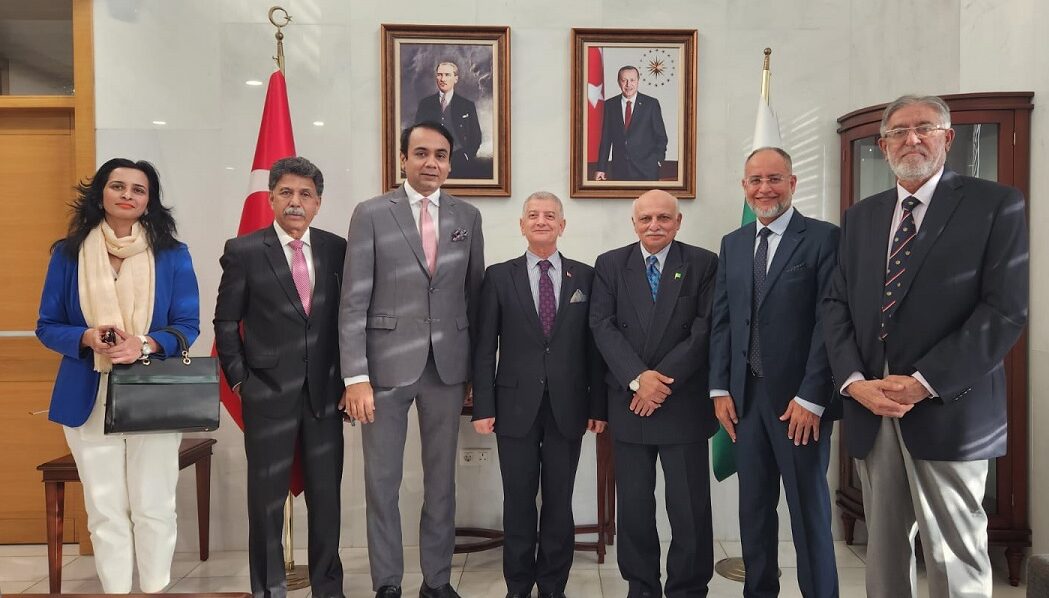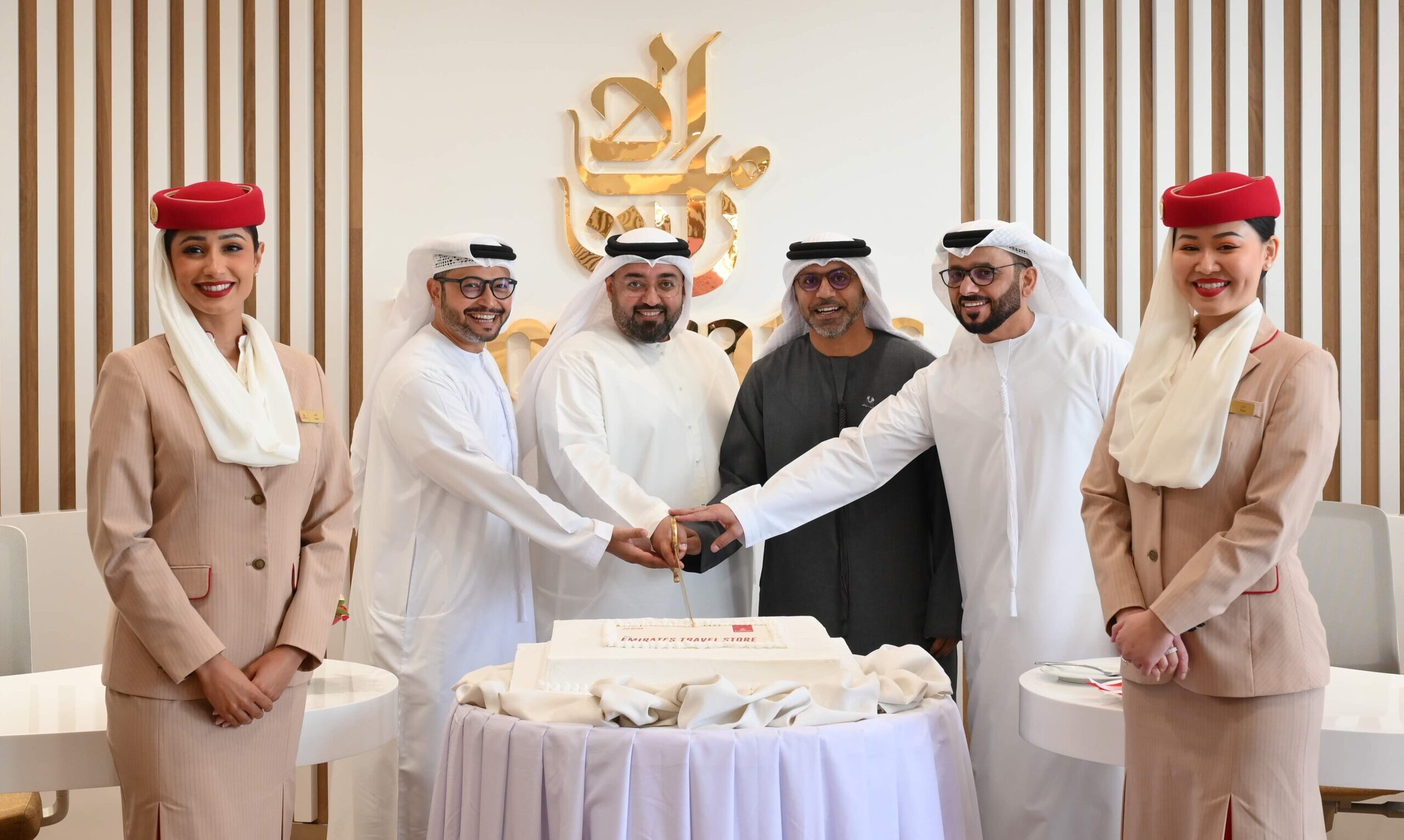Karachi, December 18, 2020: Advisor to Prime Minister on Institutional Reforms and Austerity Dr. Ishrat Hussain has stressed that Pakistan, instead of staying confined to exporting textiles only, needs to diversify its exports and move towards the sunrise industries for which the global demand is expanding in double digits otherwise we will remain stuck to US$25 to US$30 billion exports.
Speaking at the second session of webinar organized by the Karachi Chamber of Commerce & Industry (KCCI) to develop national consensus on economic agenda, Ishrat Hussain said, “If we can capture just 1 percent of Chinese market by providing components, raw materials, intermediate goods to Chinese supply chain, we can get $23 billion exports to China which is very favorably inclined towards Pakistan and they have allowed a lot of room through the FTA.”
“We are not taking advantage of the Chinese market which is so close to us and we are only focused on chasing the European Union and United States where rates of growth are either negative or 1 to 2 percent while China and Asia are growing by 5 to 6 percent and China has become the largest single exporter in the world”, he added.PM’s Advisor further said.
We have to create incentive structure not only for five export-oriented sectors but also for any new sectors which are coming to start up the business and start up the new ventures and if they want to go for exports, we should try to provide them the financing, we should provide them tax rebates and we should give them the same treatment being given to five export-oriented sectors.”
We have to diversify our incentive structure in order to encourage the new comers, new industries, new businesses and startups particularly in the IT sector which has huge potential”, he added.
He further pointed out that Pakistan has a very low investment and very low saving rate as 15 percent of investment can only result in 3 to 4 percent of growth rate but if the investment rate goes to 20 percent, the growth rate would improve to 5 percent.
We are a consumption led economy and no consumption led economy would ever be able to grow hence we have focus on savings and investment.”, he said while quoting the example of China where saving rates are 50 percent and investment rates are 45 percent and they are actually exporting capital to rest of the world including the United States.
He further stressed that the Pakistani industries must focus on improving their productively level which was very low as compared to other countries around the world and also a reason for high cost of doing business.
Dr. Ishrat Hussain said that Prime Minister was very keen to listen to and resolve the problems being faced by the business and industrial community so he has practically been meeting the business community almost every month.
Chairman BMG Zubair Motiwala, in his remarks, requested the government and political parties to please segregate politics and businesses that is the need of the hour.
Stop politicizing businesses as whenever the businesses are politicized, they don’t bring fruits to anywhere. The economies that have made remarkable progress, have actually done this by completely segregating politics and businesses.
He was of the opinion that frequent changes in policies kill the economy hence, the business, taxation, industrial, trade policies must be kept intact at least for a period of five years.
He noted that Pakistan was going through a very critical time as the second wave of COVID-19, which was more deadly, has intensified the sufferings for the people while the businesses were also not doing well.
However, the remittances have been improving and then the textile exports have also picked up pace while the performance of Large-Scale Industries has also picked up by 6.6 percent which were all positive signs but the upsurge in textile export may not last long so it was really essential to devise a proper plan of action in order to deal with the post-COVID situation when the demand was likely to go down by 35 to 40 percent.
He appreciated several measures taken by the government to minimize the impact of crises triggered by COVID-19 pandemic including the payment of stuck-up refund claims while the interest rates have also come down to 7 percent and a financing scheme at 2.5 to 3 percent was also introduced to minimize the hardships being faced by the business community.
Consistency in policies and government’s support along with provision of an enabling and conducive atmosphere to investors are very necessary while the attitude of the bureaucracy also needs to be changed”, he stressed, adding that although good policies were introduced but implementation was not there because of the hurdles being created by the bureaucracy.
In this regard, he particularly mentioned that when it was decided that electricity to five zero-rated sectors including the textile sector will be given at 7.5 cents while the gas will be provided at $6.5 per mmbtu but the decision has not been implemented in Karachi to date despite assurances given by lawmakers from time to time.
Zubair Motiwala stressed that it was very necessary to bring down the cost of doing business otherwise Pakistani exporters will not be able to compete as the cost of doing business, gas & electricity tariffs and even the labor cost was the highest as compared to Bangladesh and some other countries.
He further pointed out that although the government gets 68 percent revenue from Karachi and 54 percent of the exports take place from this city but it was not getting anything in return.
There are no roads, no sewerage lines, no stormwater drainage system, no cleanliness, poor law and order situation and many other problems yet no attention was being paid to resolve Karachi’s most serious issues which has become a sick city now.
He noted that the exports from Sialkot stood at 4.5 percent, Faisalabad exports were 18 percent while Lahore’s share stood at 22 percent and all these cities were receiving attention but Karachi, having the biggest share of 54 percent in the exports, was being ignored.
We are thankful to Prime Minister for allocating Rs1 trillion for infrastructure development of Karachi but what happened to that Rs1 trillion, where it will be utilized, who are the partners, how the funds would be utilized and what would be the modus operandi”, he asked, adding that we really don’t know as we have not been taken on board regardless of the fact that it was the KCCI which sits at the pulse of Karachi’s economy and knows exactly where it hurts and where it can benefit.
Speaking on the occasion, President KCCI Shariq Vohra said, “KCCI wants all Chambers of Commerce to come onboard so that the we could collectively impress upon the parliamentarians and the policy makers to decide a broader level of Charter of Economy inside the parliament so that industrialists and businesses can have uninterrupted policies which would lead to industrial development domestically and attract foreign investment in Pakistan.”


























































































































































































































































































